Graham Reid | | 7 min read
Michael Nyman: The Promise (from The Piano)
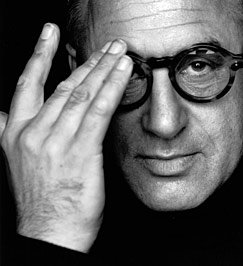
For director Jane Campion to have as
noted a composer as Michael Nyman to score the soundtrack for her
film The Piano was as simple as a phone call. From his home in
Toulouse, Nyman --
whose extensive career is best known
for his soundtracks to Peter Greenaway films – acknowledges that he
knew Campion’s previous films Sweetie and An Angel At My Table and
"one does sit around thinking of a number of people one would
like to work with. Jane was definitely one."
Then the phone call came. And after the
increasing frustrations working with Greenaway (which ended
acrimoniously after Nyman accused the film-maker of “unintelligent"
use of his music in Prospero’s Books, Campion proved “a dream to
work with.”
“Apart from her brilliance and
competence she’s a fine human being and we have an excellent
relationship on a social level. Even if we never work together again
she will be a good mate."
And Nyman, whose discography and
credits include numerous films and documentary scores, is unstinting
in his praise for Campion’s The Piano, calling it the only film of
which he has no criticisms.
"I’ve seen it five or six times
already and am constantly discovering things. Whether Jane intended
it to be that dense and rich I don‘t know, but I like to think it
was intuitive.
“When Greenaway talks about his films
he goes into great length on the meanings and nuances and resonances.
Jane’s subterfuges are more in the work itself and the pleasure
comes in finding them.”
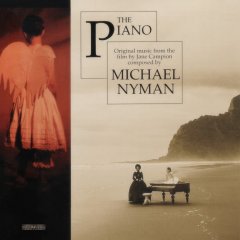 For an audience a chief pleasure is
Nyman’s haunting music played by American actress Holly Hunter, for
whom the composer specifically wrote.
For an audience a chief pleasure is
Nyman’s haunting music played by American actress Holly Hunter, for
whom the composer specifically wrote.
The music in The Piano is a kind of
double-take for Nyman; first to cast his distinctive stylistic
signatures aside and write not as a late 20th century composer but as
an 19th century woman, and then not as one who plays the repertoire
of the day but her own music.
"I can talk about the process much
more impressively now that it is done,” he laughs, “but it was
rather difficult to achieve in terms of the character of the music."
First he had to write pieces for Hunter
“who turned out to be a very, very efficient player and quite at
home on the slow romantic pieces,” then reassess the pieces in
terms of their domesticity relating to the character Ada which Hunter
plays.
Because Hunter was so proficient he
rewrote some pieces (“she sailed through the first things so I made
them more difficult”) and deliberately drew upon Scottish folk
tunes to account for the background of Ada.
“And the most enjoyable part is that
I’ve had two cracks at it,” says Nyman whose career began in the
early Sixties but fell silent for 12 years until his two Decay Music
pieces in 1976.
“I wrote for Holly’s playing in the
film then played myself on the recording of the album with members of
the Munich Philharmonic Orchestra."
That soundtrack album has met with
astonishing success and has the hallmarks – and increasingly, the
sales figures -- to make it transcend the narrow constraints of
soundtrack music into the popular arena.
That gratifies Nyman -- not the least
for the message it delivers to Greenaway -- because his career has
been one of hurdling the artificial barriers that some would impose
on music of various kinds.
After graduating from the Royal Academy
of Music and Kings College in London in the early Sixties, Nyman’s
background in music is as diverse as English baroque styles and folk
tunes of Romania effectively sidelined him from contributing to the
contemporary classical world of the period. So be wrote about music
for various magazines and newspapers. His book Experimental Music, Cage
and Beyond of 1974 has become a seminal text on contemporary music.
He coined the word "minimalism"
(and consequently was often mistakenly identified as a practitioner
of the austere, repetitive style) and now looks back on that period
as “a bit Golden Age-y.”
It was a time when classical composers
such as John Tavener, now enjoying popular success with his The
Protecting Veil, was recording for the Beatles’ Apple label and
Nyman himself could write columns for The Spectator on artists as
diverse as the American avant-garde satirical group the Fugs or the
English classical composer Peter Maxwell Davies.
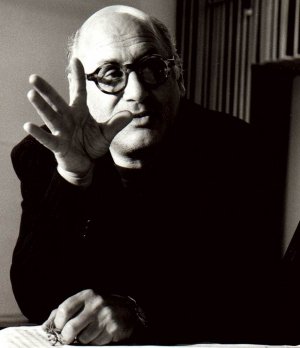 “If you think of musical culture as a
mansion it was possible in the Sixties to move from one room to
another and have a totally different musical experience in each one
. . . and then be able to relate them to someone in the next room.
“If you think of musical culture as a
mansion it was possible in the Sixties to move from one room to
another and have a totally different musical experience in each one
. . . and then be able to relate them to someone in the next room.
“These days Billboard [the weekly
bible of the music industry] has a section called Crossover, so
everything has been institutionalised. Composers like Stockhausen and
Boulez who were pretty cool in the Sixties and were talked about by
-- and maybe even talking to -- the Beatles have all reverted to type
and have been put into the avant-garde composer category again and
had the door to their room closed on them.”
Nyman expresses great gratification to
learn that his album of The Piano was recently reviewed in the pop
and rock column of the Sydney Morning Herald -- right next to the classical reviews. Ironic too, he points out, given The Piano is the
most classical thing he has written.
“It's 19th century piano
music with fewer Nymanesque liberties to convince the audience they
are listening to Ada playing from within herself.”
Yet such a self-imposed brief is well
within Nyman’s considerable capabilities which those who only know
of his Greenway soundtracks -- The Draughtsman's Contract; The Cook,
The Thief, His Wife and Her Lover and Prospero's Books among them –
may find surprising in its diversity.
As far back as the early Seventies he
was one of a generation of bright young things who appeared on the
appropriately named Obscure record label ran by former rock
keyboardist with Roxy Music, Brian Eno.
Today Nyman, as with many of his peers,
is in demand for commissioned works.
In the first quarter of last year he
undertook half a dozen pieces, some of which have found their way on
to his recent Time Will Pronounce album on the Argo label.
But as with his contemporaries, Nyman
is adept at handling the business end of music and talks freely about
searching for a new record label and of deliberately stretching
commissioned works in various directions to extend his own musical
vocabulary.
He has written opera (The Man Who
Mistook His Wife For a Hat), string quartets (his Second String
Quartet was originally written for a South Indian dancer but is now a
concert piece) and writes equally well for solo harpsichord (The
Convertibility of Lute Strings), brass instruments (For John Cage by
the London Brass) and saxophone (Where The Bee Dances). He even has
his own group, the Michael Nyman Band. His next commission is a
40-minute solo violin piece commissioned for a Japanese fashion
designer but which he expects will be released on album and therefore
enter the solo violin repertoire when the music is published.
And The Piano is by no means finished
yet either.
“I have rewritten it again as a
concerto which will be released by Argo and will have its premiere
this month in Lille. And now I am turning that concerto into a double
concerto which the Labeque sisters will be recording for the Sony
Classical division.”
Nyman is a self-confessed market
pragmatist who admits his own band “charges around the world
because people know our records are selling. We sell better than
anyone these days - except Gorecki -- so promoters and people who
commission can guarantee an audience. So we are all using each other.
“But it is terribly important that
music has an audience and that’s why I'm delighted by the success
of The Piano [album].
“I still think Time Will Pronounce is
the best thing I’ve done in five years and it is frustrating that
it doesn’t get the profile that, say, a film soundtrack does.
“But film is a wonderful and
artificial medium and with Greenaway I always thought of the film
part as simply an illustration of a concert.”

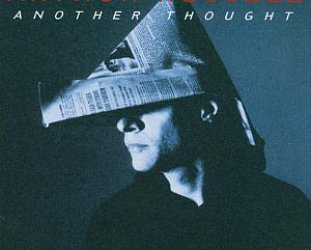
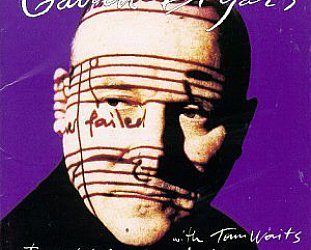
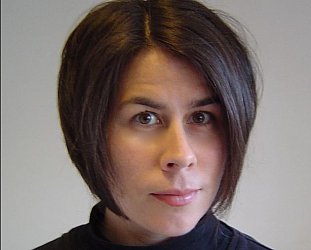

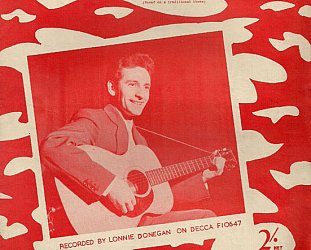
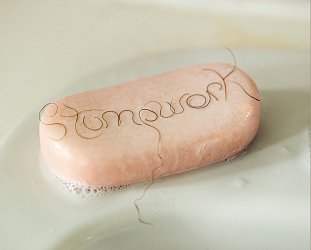
post a comment